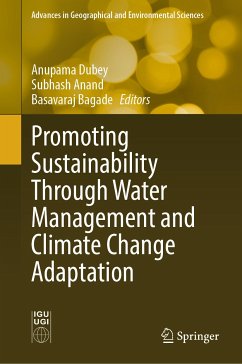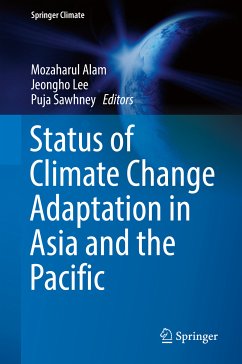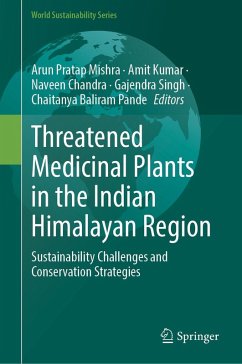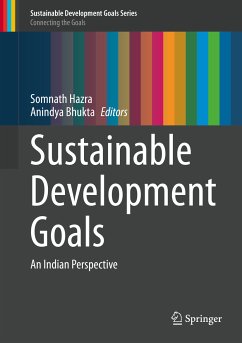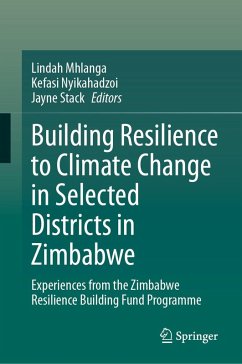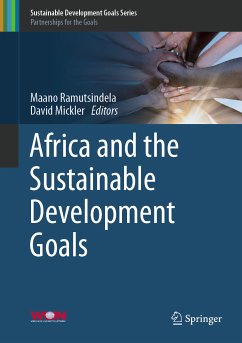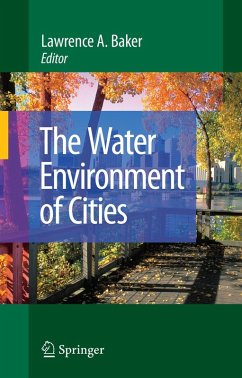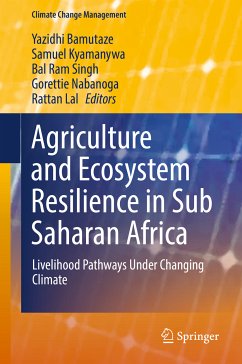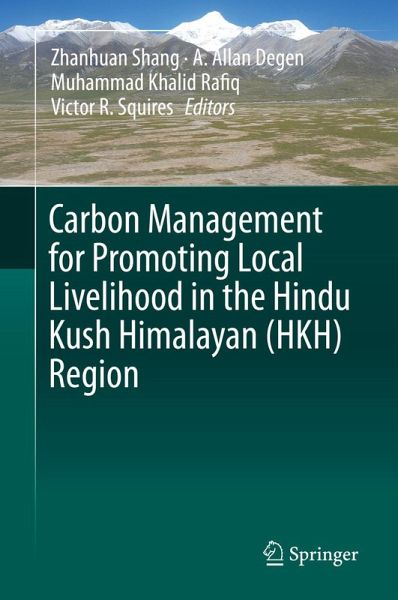
Carbon Management for Promoting Local Livelihood in the Hindu Kush Himalayan (HKH) Region (eBook, PDF)
Versandkostenfrei!
Sofort per Download lieferbar
72,95 €
inkl. MwSt.
Weitere Ausgaben:

PAYBACK Punkte
36 °P sammeln!
Discusses carbon management and its linkages with livelihood improvement of the fragile communities of the Hindu Kush Himalayan (HKH) region
Focuses on a region that has multidimensional ecological, economic, cultural and environmental significance
Sheds new light on the social, economic, and policy perspectives associated with carbon management
Dieser Download kann aus rechtlichen Gründen nur mit Rechnungsadresse in A, B, BG, CY, CZ, D, DK, EW, E, FIN, F, GR, HR, H, IRL, I, LT, L, LR, M, NL, PL, P, R, S, SLO, SK ausgeliefert werden.



